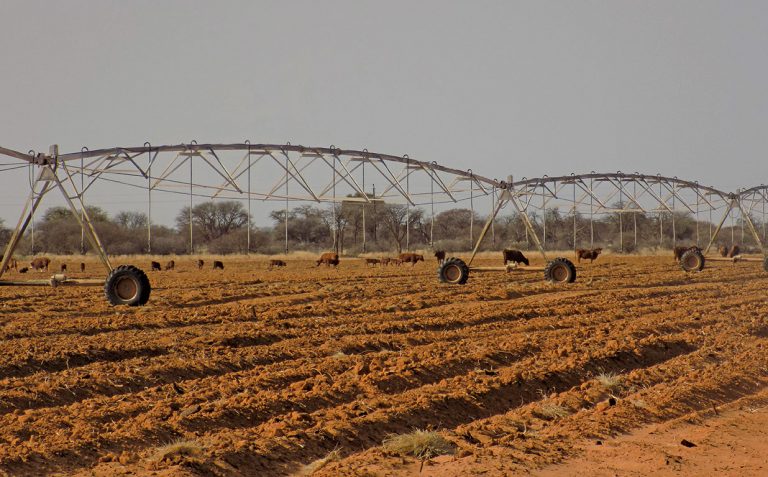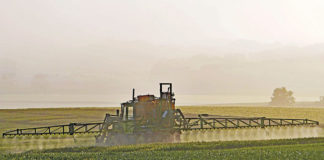
In a paper recently published by Treasury for public comment, titled ‘Economic transformation, inclusive growth, and competitiveness: Towards an economic strategy for South Africa’, Minister of Finance Tito Mboweni puts forward suggestions aimed at achieving structural reforms that could reverse the downward trend in South Africa’s growth potential and competitiveness.
The paper contains the most pragmatic approach to boosting economic growth in South Africa since the National Development Plan (NDP), which it draws on to outline six themes that prioritise economic transformation, inclusive growth, and competitiveness. Its aims, broadly, are a 3% increase in the economic growth rate and the creation of one million jobs.
Looking at the section focusing specifically on agriculture, it is clear that Mboweni and other authors of the paper really listened to what some of the most urgent needs were that farmers had.
It suggests improving access to financing for farmers, which may include concessional agricultural credit.
The document refers to successful examples from other countries of long-term loans for farmers, with deferred interest repayments and government-subsidised interest rate loans.
It identifies the need for providing adequate and affordable agricultural insurance, saying that, internationally, it is not uncommon for the state to be a participant in the provision of agricultural insurance.
It also argues for an improvement in extension services offered to smallholder and emerging farmers.
The document acknowledges that improved market access and access to water for irrigated agriculture are crucial for driving growth and investment in the labour-intensive crops identified in the NDP, such as apples, table grapes, citrus, avocados, and macadamia and pecan nuts.
Finally, it proposes investing in establishing innovative market linkages for smallholders, saying this could take the form of contract farming and strategic government procurement, for example, as a means to facilitate the growth of smallholder farmers to commercial status.
The paper succeeds in identifying the most crucial reforms that need to take place to turn the country’s fortunes around.
However, the plan also clearly shows that the task at hand to better South Africa’s prospects is massive, and almost immeasurably so, which is why the risk certainly exists that, as with similar plans put forward over the past decade and more, this plan too, good and ambitious as it may be, will falter at the implementation phase.











